
Ramadan inspires change. What’s yours?
Together these changes can make a big difference to our faith, families and communities. We asked nine young Canadian Muslims what Ramadan means to them, beyond the fast and the feast. Here are their stories.
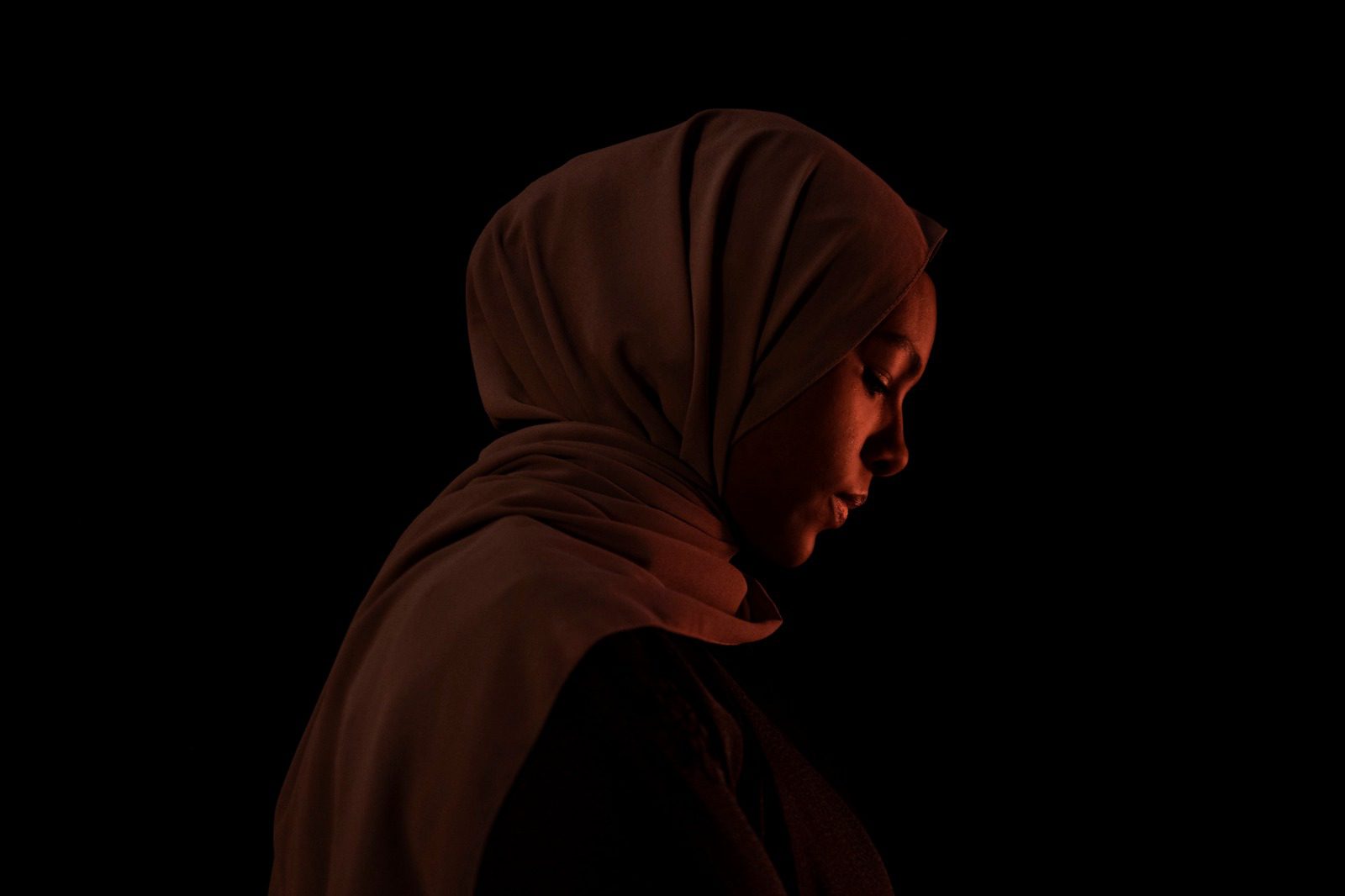
Fitriya Mohamed
“When you’re younger, you feel isolated, because you’re the only one practicing you feel like, why do I want to be different? Why do I have to do this? I don’t want to be different. So as I got older, I began to see the beauty in that difference.”
“Every morning at 3am my mother would get up like an hour before the time to fast to make sure we have food. And after Suhur we would look out in our balconies to see which other families were up at that time, and we would wonder if they were Muslims too.”
“Ramadan is a time where I devote myself to my Creator and I can just fully be myself and remember my Islamic identity.”
Fitriya's Change
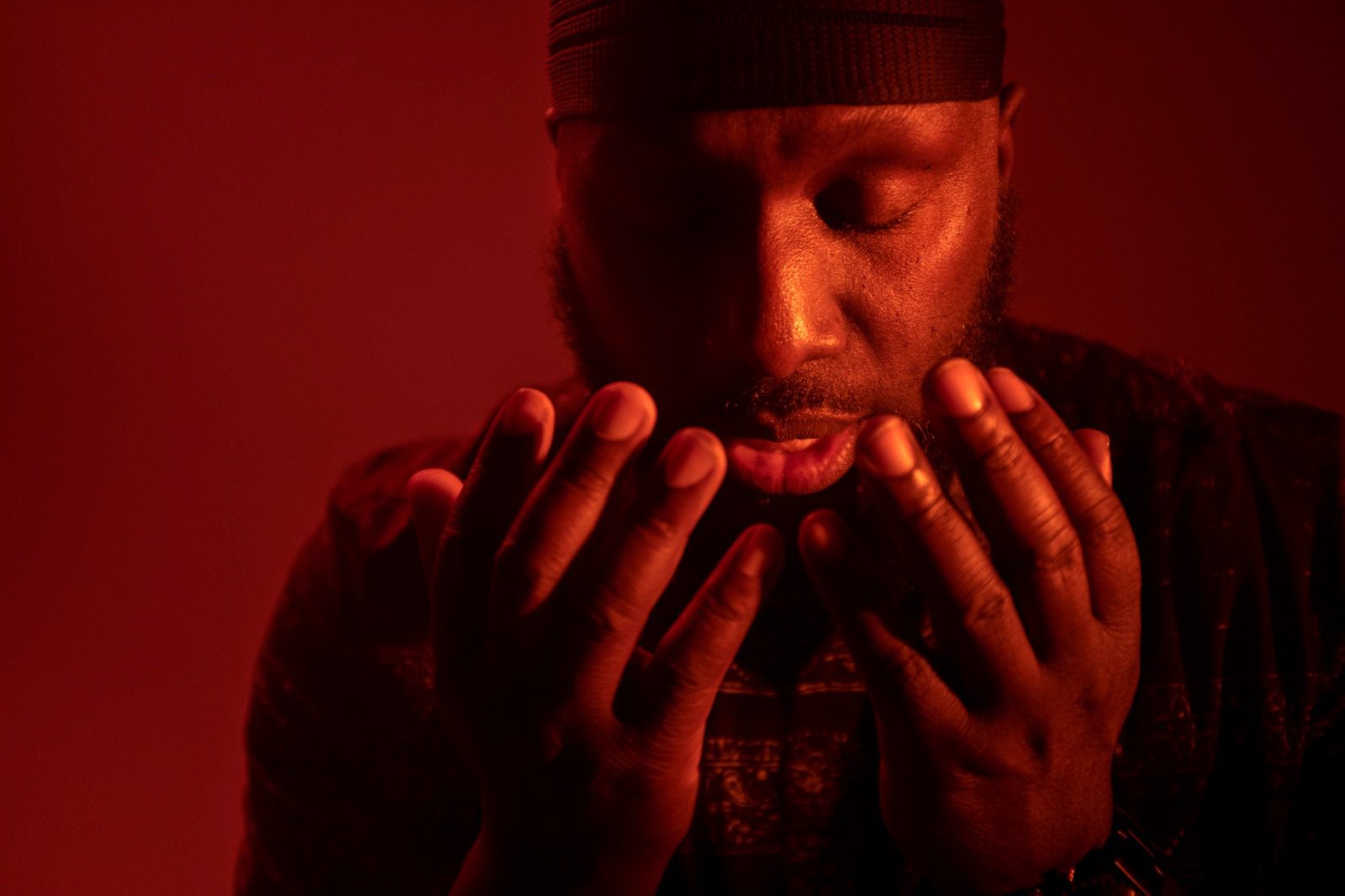
Mark's Change
Mark Strong
“I think within most religions, and Islam in particular, since it flows through several different cultures, we’re creatures of gathering. We’re creatures of congregation. And we love to share food, laughter, talk, prayer, energy, all of that.”
“COVID has forced us to change our mindset and that strength that comes from congregation must now be found online, or in smaller bubbles, or within a singular form.”
“But when we’ve gotten around COVID, I think we’re going to bring that energy of being home singular, and bring those singular heightened energies back into a congregation again, inshallah we’ll make it stronger.”
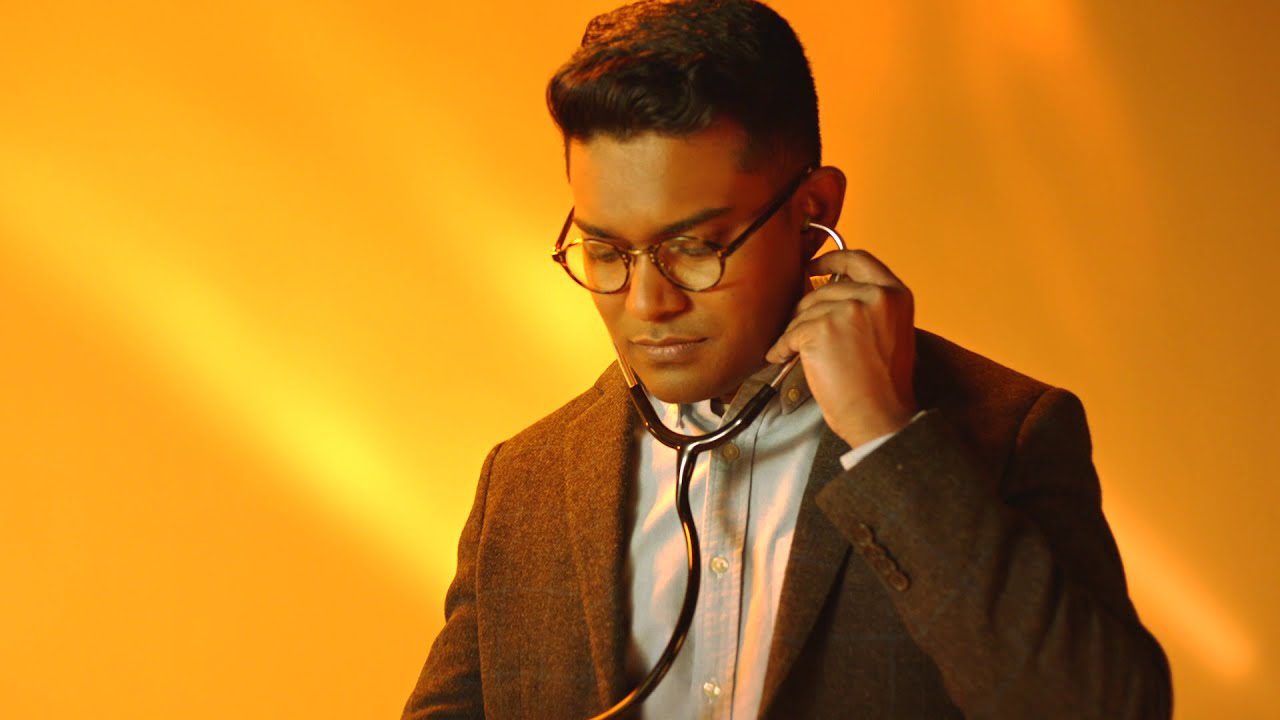
Dr Omair Sarfraz
“So Ramadan when it came last year, during the COVID time I felt it helped me recenter myself. It made me more humble as to what I was expected to do, given the fact that this pandemic was just unfolding. So I think it made us stronger.”
“Our religion helped keep us grounded and be strong during COVID and think of this as a scenario not of loss of hope. But of hope. And we as Muslims, we always look forward towards hope. And we hold on to that and our taqwa.”
“Our Creator makes us understand that we can do this and we have to go through this. And we have to let the people know that there is hope. Because without hope people lose the fight and people lose the will to live.”
Omair's Change
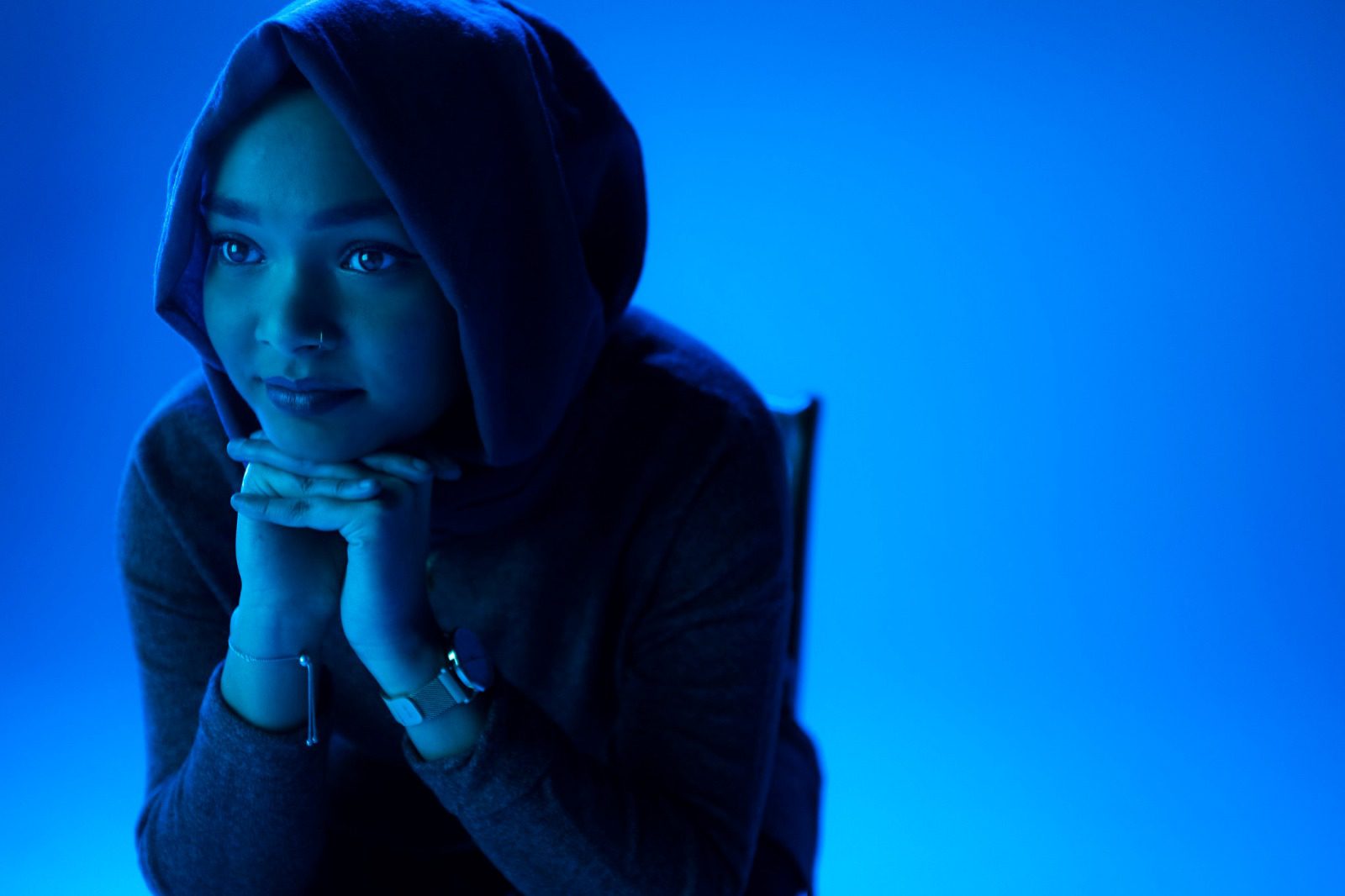
Radiyah's Change
Radiyah Chowdhury
“Women already carry the invisible labor, non Muslim women as well, in their households, especially if they have children and husbands. Oftentimes, it’s silent. So nobody really acknowledges that it just sort of falls upon the women’s shoulders.”
“And during Ramadan it’s exacerbated because women are also fasting. Their worship is just as equal and important as men, but they’re the ones who also have to spend an extended amount of time preparing for iftaar, setting their houses up thinking about what they’re going to eat, for suhur in the middle of the night and doing the cleanup after iftaar.”
“Oftentimes not being able to even break their fast at the same time as the men and then not being able to pray at the same time as men as well. Also when women go to the mosque, they’re the ones you’ll see if you pay attention, who are packing the foods who are distributing it. And so it’s that invisible labor that women are mostly doing during the holy month.”
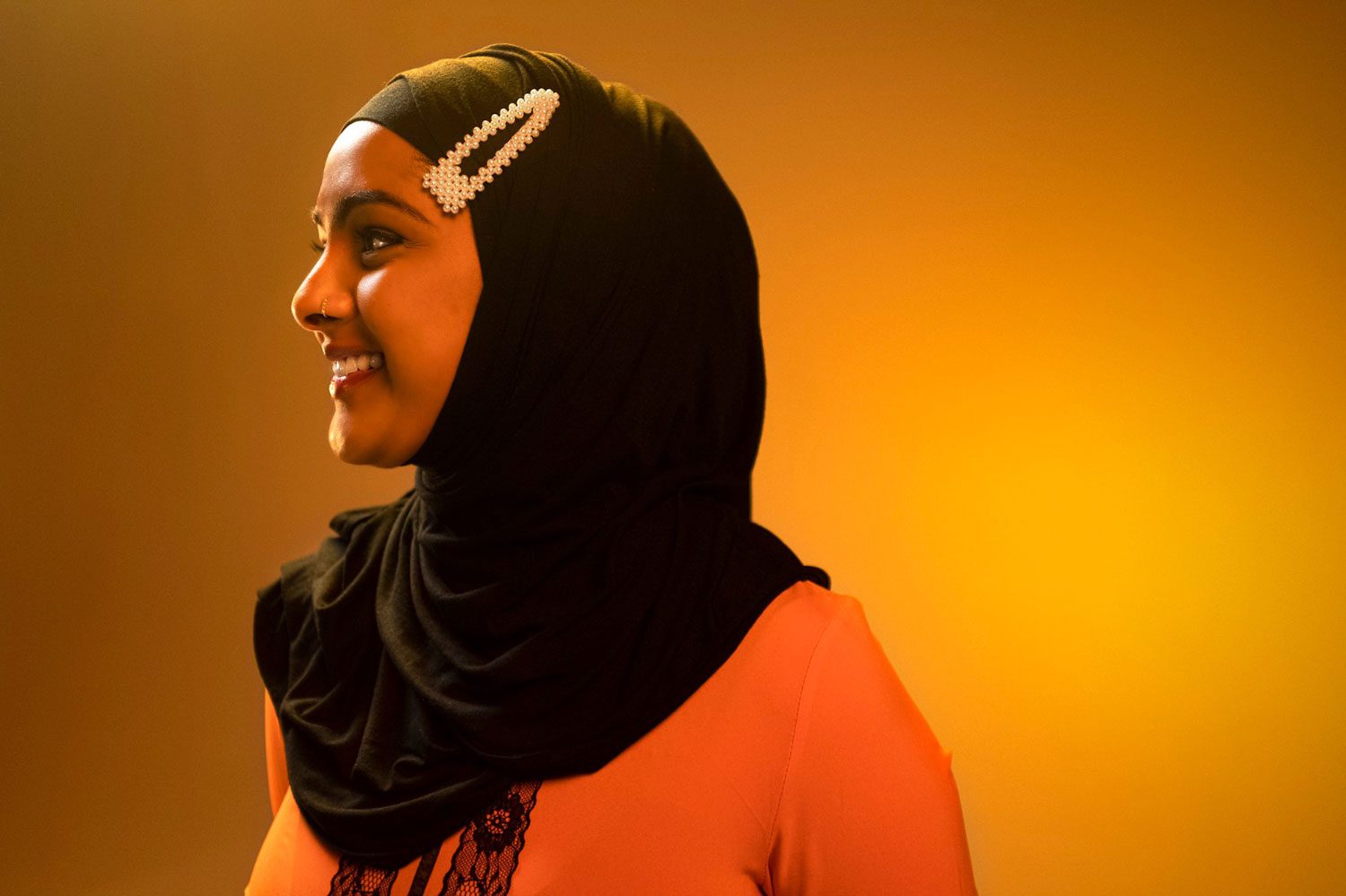
Raisa Dookwah
“When Ramadan comes around, something just overtakes us, we get this warm and fuzzy feeling. It’s just a different type of feeling when you fast with your kids and your husband and you wake up early in the morning when the whole world is asleep.”
“I make a Ramadan calendar and you put treats in there and everyday before Asr we have a talk and let the kids open their day. Each day comes with a card with a theme like perseverance, patience or cleanliness.”
“We’re helping the poor and less fortunate and we’re dedicating our time to help those in need. And then when non-Muslims see us doing these acts of kindness for them, it will show that we’re all wonderful people you know.”
Raisa's Change
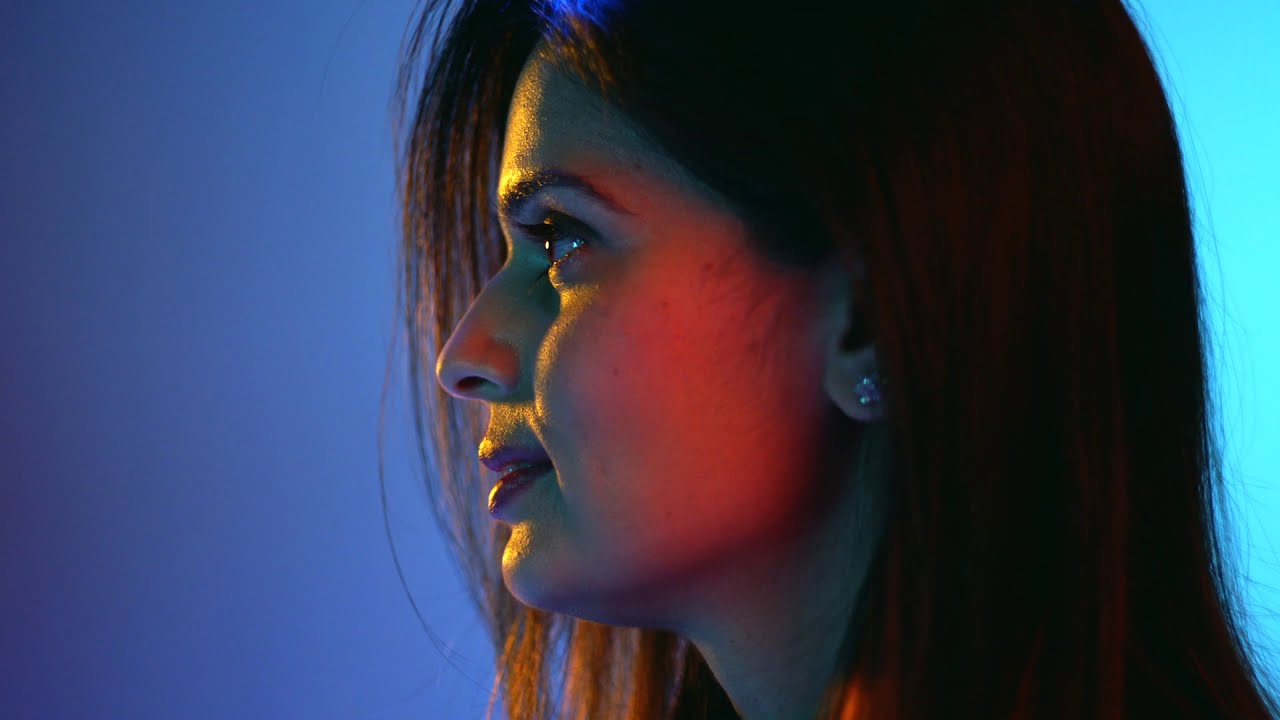
Maryam's Change
Maryam Kidwai
“We continue to give back and we continue to share our food with our friends and neighbours. But I think there is an added responsibility to educate the local community as well.”
“There are days which are better from a spiritual perspective. And then there are days which are not so good. So you just have to do whatever works for you.”
“I think a lot of it comes from from this unknown source, I think 100% it’s God given. Because otherwise, I can’t fathom how I can stay hungry for that long.”
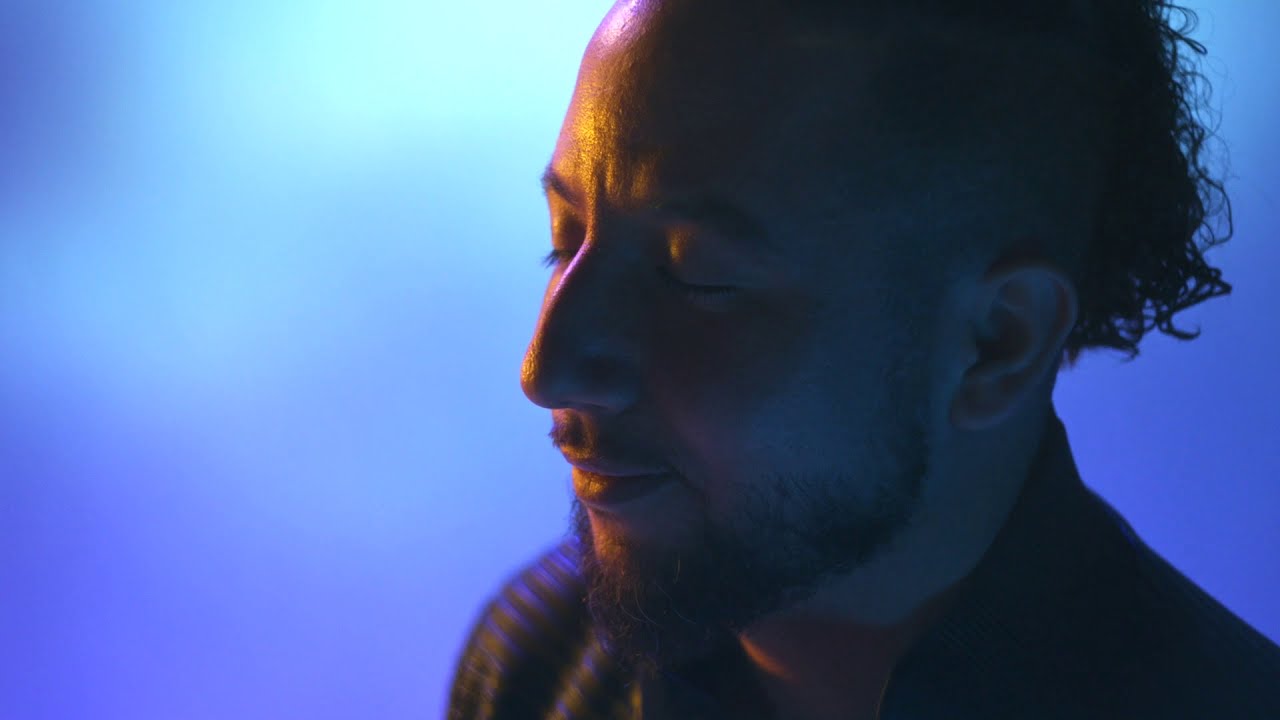
Mohamed Saleh
“To actually be hungry, or thirsty as you feed someone in need, you immediately connect with them. And it makes you appreciate what the struggle is like. And you will probably dedicate a larger part of your life trying to make sure that you get people out of that circumstance.”
We live in a super fast paced life. And especially nowadays with everything that’s virtual. In Ramadan, I feel like everything kind of slows down. You’re not as quick to get either aggravated or too excited. You try to maintain kind of an even flow. And I really look for that.”
“The biggest thing for me is that we are lucky and privileged enough to have food and water. Because during that time, you get just a little dose of what it’s like to be without. And you’re constantly reminded that you are so privileged in this world.”
Mohamed's Change
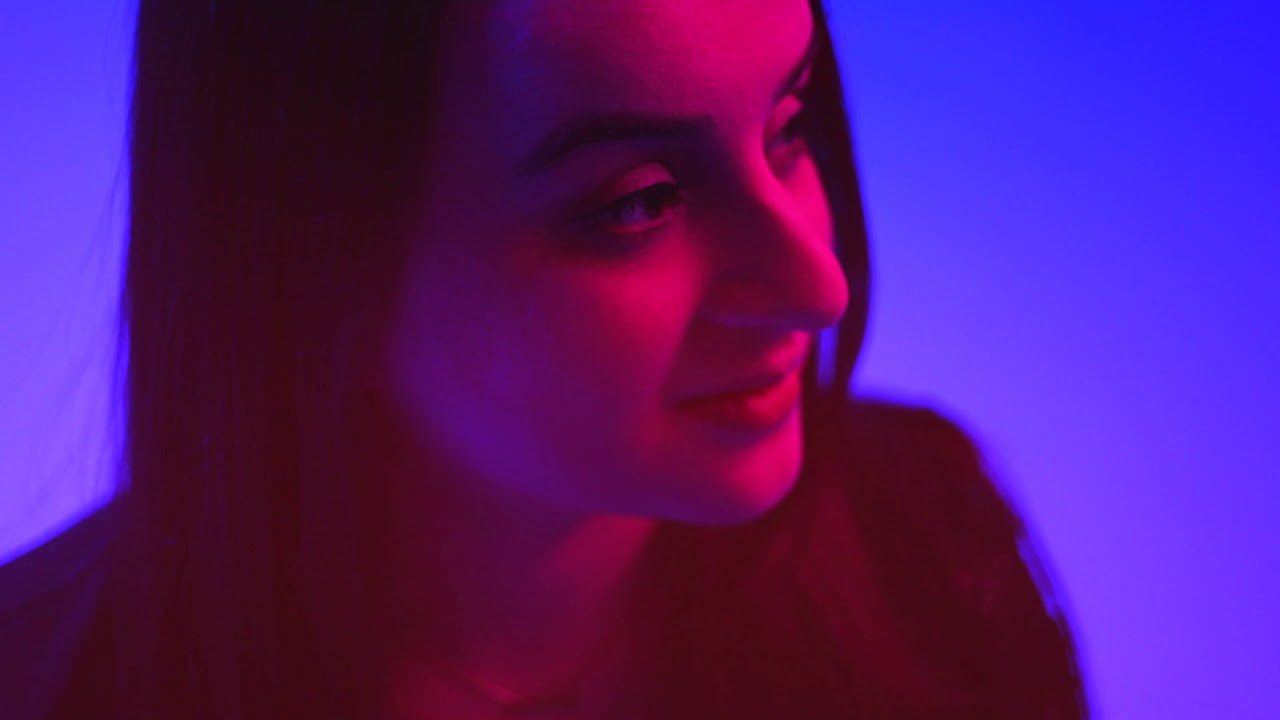
Amna's Change
Amna Shakil
“I look forward to having this superhuman kind of power. Because at any other time of the year, if you tell me that you’re going to fast, you can’t eat for 17 hours, I would not be able to do it.”
“Ramadan means for me a time to recharge my faith, a time to get closer to friends and family and a time to re learn what my religion is all about.”
“There’s several different acts that we do in Islam, like we pray, we read Quran, there’s all of these different things that we do. But fasting is something that we do just for Allah. So it’s something specifically for him.”
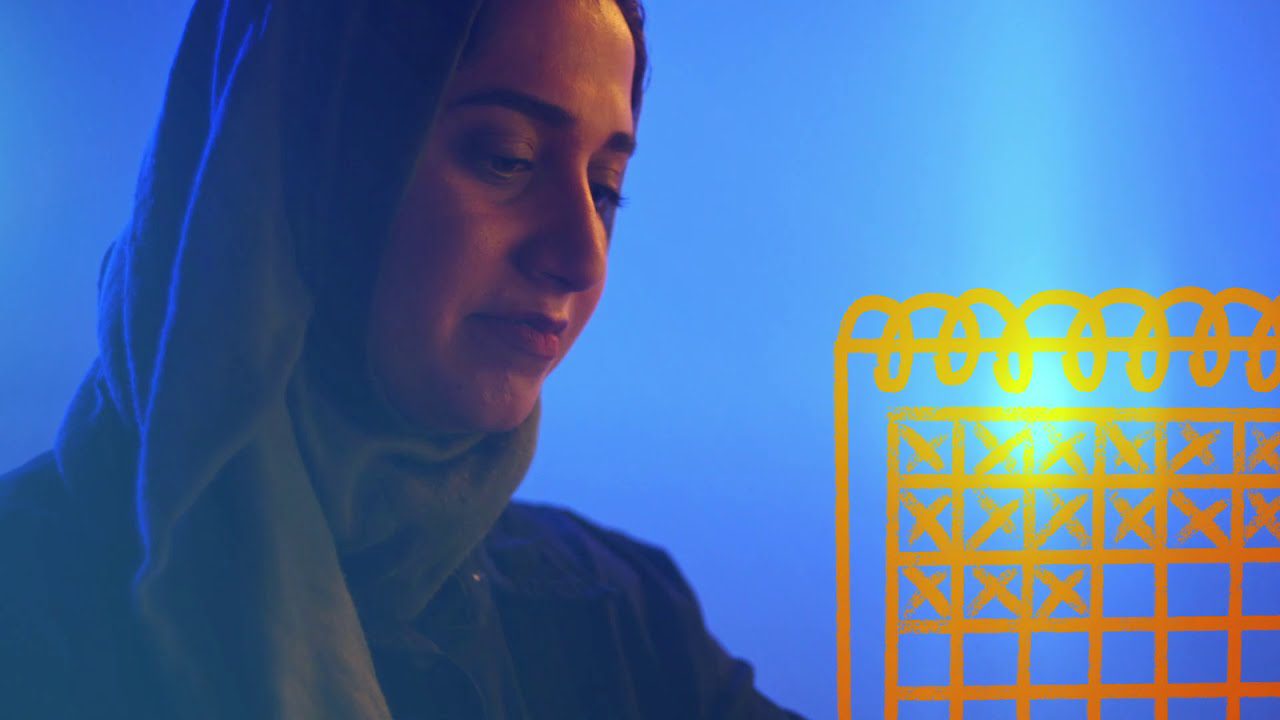
Samiha Arshad
“So I was really lucky. I had a great coach, Debbie, and she really supported me and my other Muslim teammates. We played rep competitive soccer for Pickering. So we had games every once a week, we would be driving all over Ontario.”
“So when it was time for prayer, my teammates would all let us know it’s time and we would run off the fields, have our dates, have our water, do our prayer in the car and get back on the soccer field. So it was great to have that support.”
“And we would just know that you don’t have to be ashamed or afraid. Everyone knew what was going on. And it was great to have the support of our teammates and their parents as well.”